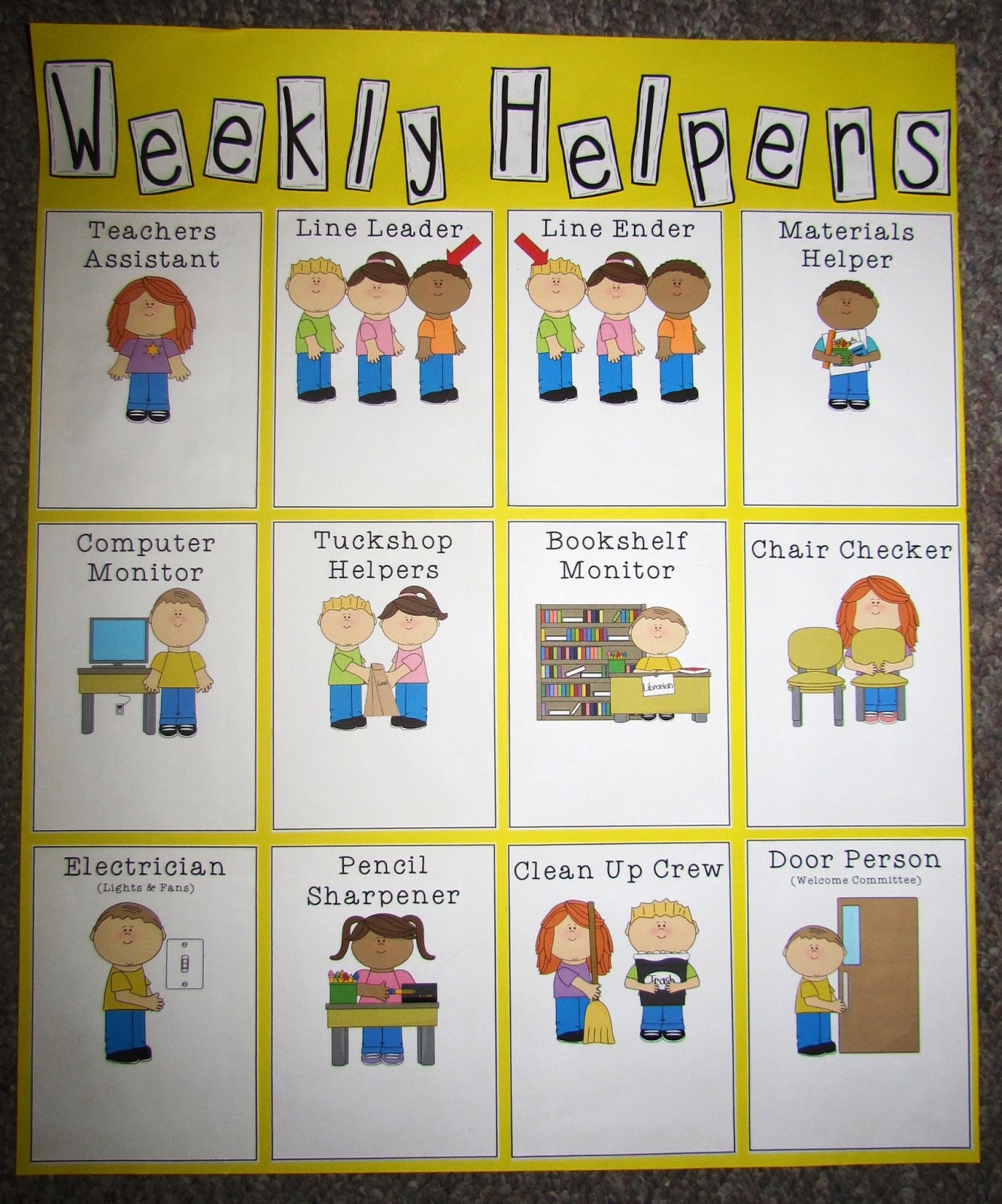
The Expanding Horizon of Teaching
Teaching has traditionally been associated with the classroom, where educators impart knowledge to students. However, the role of a teacher is not limited to the confines of a school or college anymore. In recent years, there has been a growing trend of teachers exploring various opportunities beyond the traditional classroom setting. This article explores some exciting teacher jobs that offer a different perspective on education and provide unique challenges and rewards.

1. Online Tutoring
With the advent of technology and the internet, online tutoring has gained significant popularity. Teachers can now provide personalized instruction to students from across the globe, right from the comfort of their own homes. Online tutoring platforms allow teachers to connect with students one-on-one or in small groups, enabling them to cater to individual learning needs and offer flexible scheduling options.

2. Educational Content Development
Teachers possess valuable expertise in their respective subjects. Many educators are now utilizing their knowledge and skills to create educational content for various platforms. This can include developing study materials, writing textbooks, creating online courses, or even designing educational apps. By creating educational content, teachers can reach a wider audience and contribute to the learning experiences of students beyond their own classrooms.

3. Corporate Training
Teachers' ability to communicate effectively and deliver information in an engaging manner makes them well-suited for corporate training roles. Many companies hire teachers to conduct workshops, seminars, and training sessions for their employees. These sessions may cover various topics such as communication skills, leadership development, or specific industry-related knowledge. Teachers in corporate training roles can help professionals enhance their skills and knowledge in a practical and interactive setting.

4. Curriculum Design
Creating a comprehensive and effective curriculum is crucial for educational institutions. Teachers with experience and expertise in a particular subject can contribute to curriculum design. They can work with educational boards, institutions, or even start their own consultancy services to help shape the education system. By designing curricula, teachers play a vital role in ensuring that students receive well-structured and relevant education.

5. Educational Consulting
Educational consulting is another avenue that teachers can explore. They can offer their insights and expertise to schools, colleges, or educational organizations to improve their overall educational approach. Educational consultants can provide guidance on curriculum development, teacher training, assessment methods, and other educational strategies. This role allows teachers to influence educational policies and practices on a broader scale.

6. Writing and Publishing
Teachers often have a flair for writing and can leverage their skills in the publishing industry. They can write educational articles, textbooks, or even fiction books that cater to young readers. Additionally, teachers can contribute to educational magazines, blogs, or online platforms, sharing their expertise and insights with a wider audience. Writing and publishing allow teachers to make an impact beyond their classrooms and inspire learners through their words.

7. Educational Technology
As technology continues to revolutionize education, teachers who are tech-savvy can explore opportunities in the field of educational technology. They can work as instructional designers, developing interactive learning materials and digital resources. Additionally, they can contribute to the development of educational software, applications, or online platforms that enhance the learning experience for students. Teachers in this field bridge the gap between education and technology, ensuring effective integration in classrooms.

8. Non-Profit Organizations
Many non-profit organizations work towards providing educational support and opportunities to underprivileged communities. Teachers can contribute their skills and knowledge by joining such organizations. They can participate in initiatives focused on improving access to education, designing educational programs, or mentoring students who lack resources. Working with non-profit organizations allows teachers to make a meaningful difference in the lives of those who need it the most.

9. Educational Leadership
Teachers who aspire to take on leadership roles within the education system can pursue careers in educational leadership. They can become principals, school administrators, or educational policymakers. These positions allow teachers to shape the vision and direction of educational institutions and influence policies that impact students and teachers. Educational leaders have the power to drive positive change and create an environment conducive to effective teaching and learning.

10. Educational Research
For teachers interested in exploring the theoretical and practical aspects of education, a career in educational research can be fulfilling. They can conduct research studies, analyze educational data, and contribute to the development of evidence-based teaching practices. Educational researchers work closely with institutions, educational boards, or government bodies to improve the quality of education through research and innovation.

Conclusion
The opportunities for teachers extend far beyond the traditional classroom setting. From online tutoring to educational consulting, writing and publishing to educational technology, teachers can explore diverse avenues that align with their skills and interests. By venturing into these alternative teacher jobs, educators can continue to make a significant impact on education and contribute to the development of learners in various capacities.